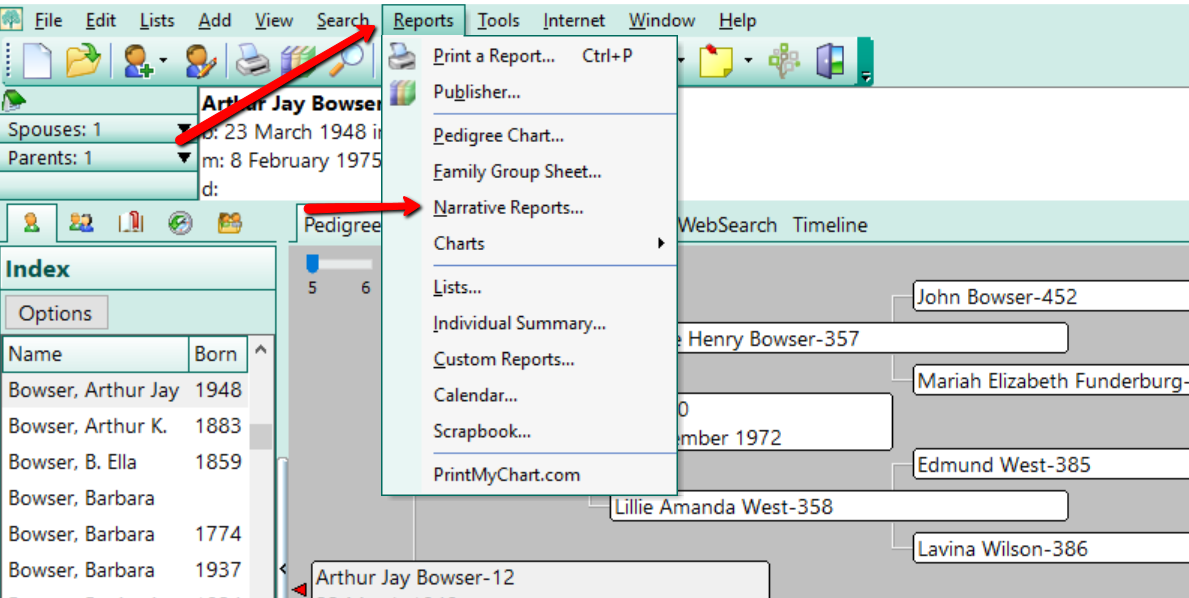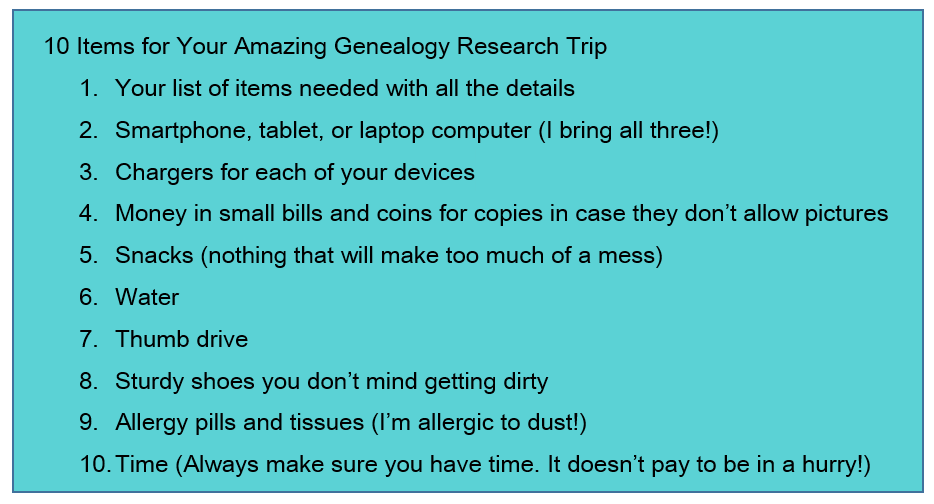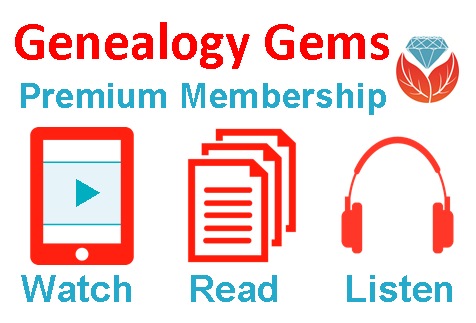Courthouse research tips for genealogists
3 courthouse research tips for genealogists
Courthouses are one of my favorite places to conduct my genealogy research. Many of our courthouses have a wealth of genealogical records and information.
Courthouses may not have the word “archive” on the building but they are a type of archive. Here are some tips that will help you be successful the next time you are doing genealogy research at a local courthouse.
1. Scout the logistics
Call ahead to find out the days and hours of operation. This is the most important tip I can give anyone about researching in courthouses. In most courthouses, there are different offices for different types of records. Each office has their own phone number and can be contacted concerning hours of operation. Also, ask what days and times are best for a genealogist to visit their office to do research.
Ask about the availability of parking at the courthouse. Many of our courthouse campuses have limited parking for patrons. This problem is often made worse on days when court is in session and many people arrive to participate in court actions. Arriving at the courthouse and ready to do research, you do not want to discover that the only place to park is a block away or at the distant parking garage.
2. Locate records ahead of time
Ask about the availability and location of records. It might be a no-brainer that the deed records will be found in the Register of Deeds office. But are the oldest deed books there–the ones you need? Many times, courthouse offices run out of room for the old records and will transfer them to the county archives, which may not be located in the courthouse. It is important to know what records are available in the office where you wish to do genealogy research. If the older records have been sent to the archives or some other facility, you want to know that before you get to the courthouse.
3. Be patient
Whether you are visiting the courthouse or working with them through phone calls and emails, patience is a key element. As a genealogist, I know the urgency we all feel in trying to locate our ancestor’s records. Many times, we are experiencing great momentum in our genealogy research and we do not want to be hindered in our quest for that one piece of information we are seeking. If you walk into an office and they are very busy, please be patient if the staff member asks you to wait before they can get those old dusty books from the back room. If you have emailed or telephoned an office and they have told you they will get back with you, be patient and wait for that response.
The records that can be found in courthouses can be essential to our genealogy research. Implementing these tips will help you be more successful when doing research at the local courthouse.
Ready to get serious about courthouse research?
Check out this excellent article on researching wills and probate records by Margaret Linford. Her tips will help you understand what’s in these courthouse essentials, where to find them–and what to do with your bored non-researching travel companions!
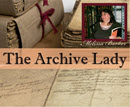
About the Author: Melissa Barker is a Certified Archives Records Manager, the Houston County, Tennessee Archivist and author of the popular blog A Genealogist in the Archives and an advice columnist. She has been researching her own family history for the past 27 years.

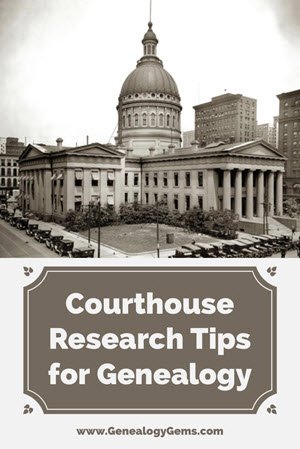
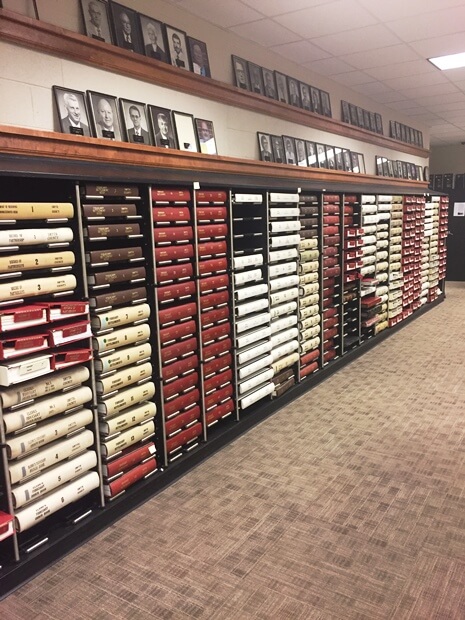
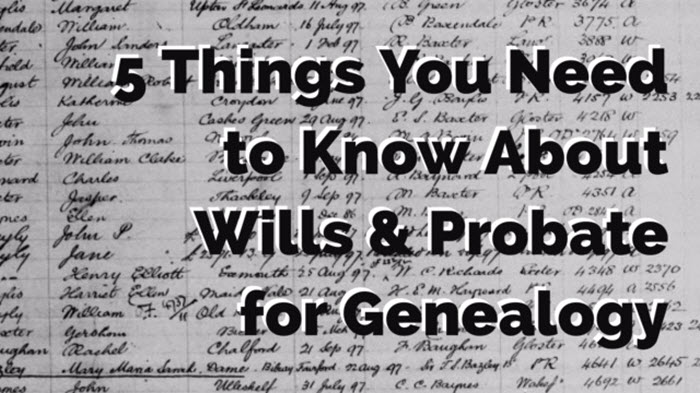
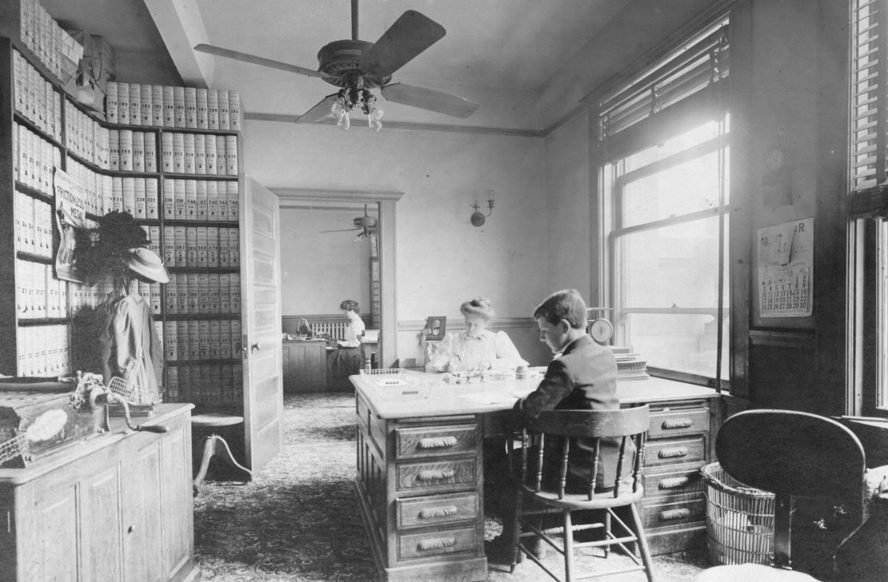
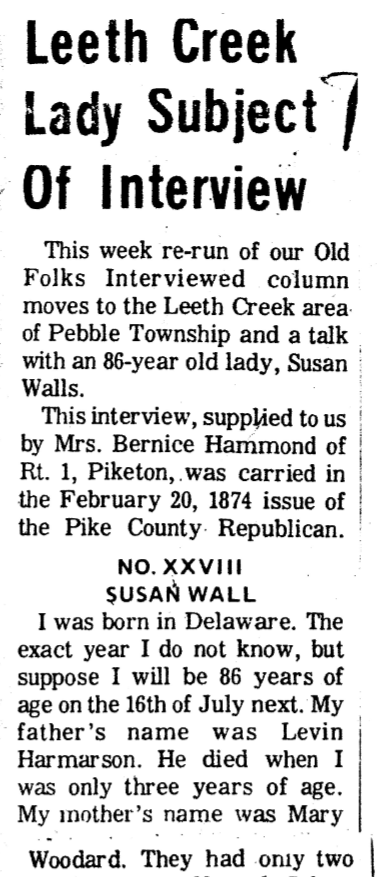 ested I go to the local public library just down the street.
ested I go to the local public library just down the street.